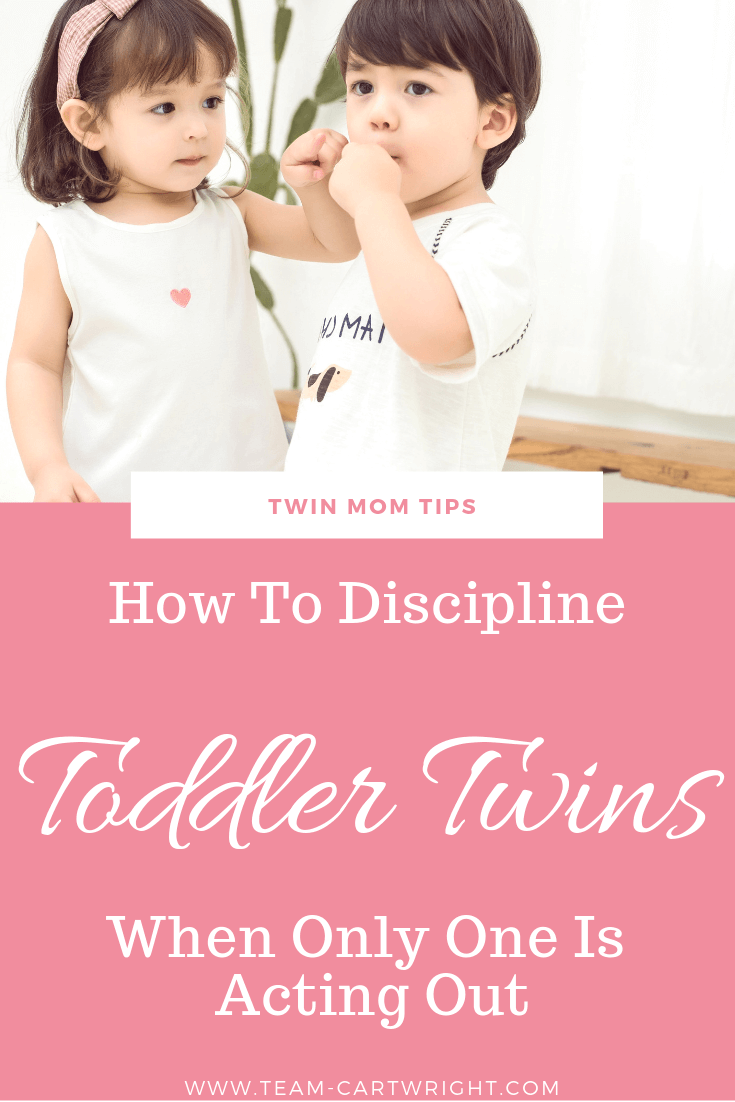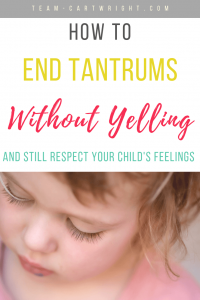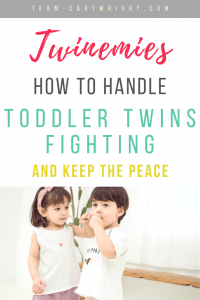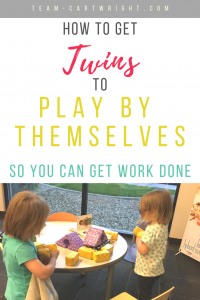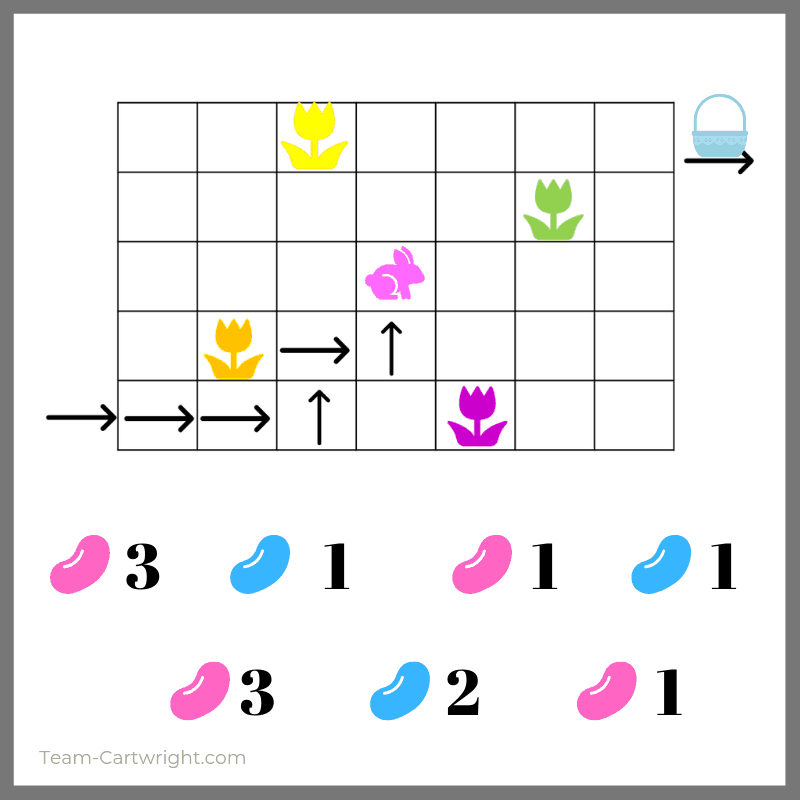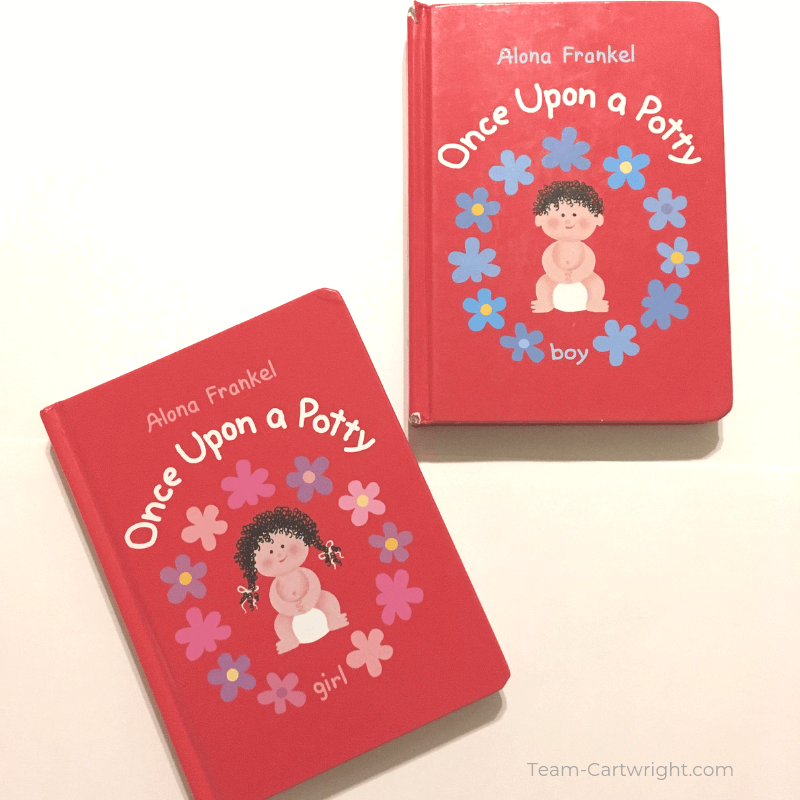Twin Discipline: How To Punish Just One Child and Not the Whole Family
Mothers of more than one child know the challenge of disciplining just one kid in a group of kids. Twin moms especially.
How do you discipline one twin and not the other?
Sure, on the surface this seems like a silly question. Just give one the consequence and not the other. But individual consequences can impact an entire family.
When you have young children close in age, or in our case the same age, they spend a lot of time together. It can be hard to dole out punishments that don’t impact both twins. (And after about a
Here are four tips for disciplining just one child at a time, even in a group setting.
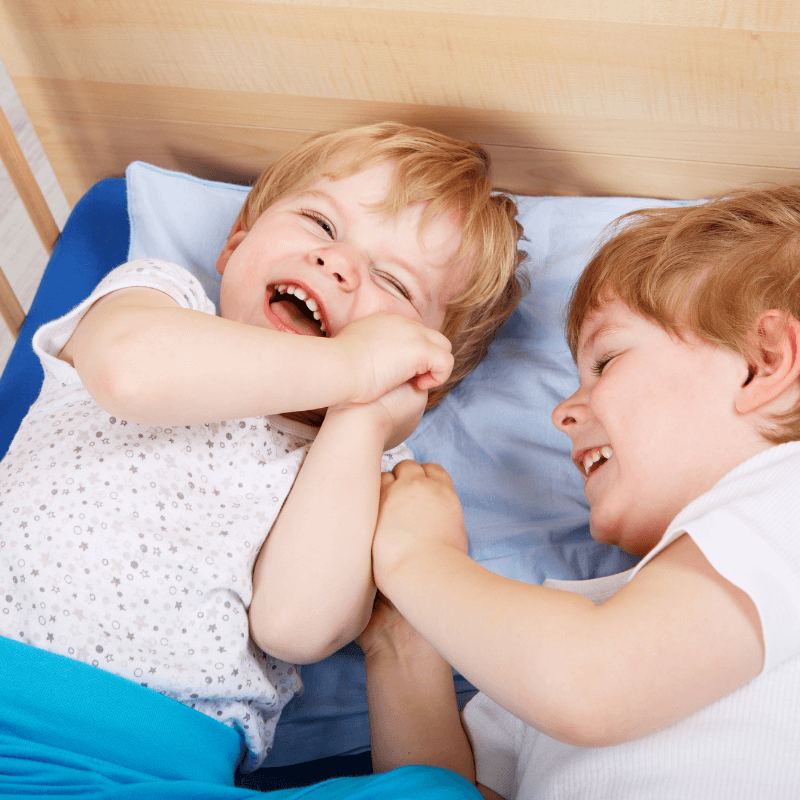
What's In This Post?
Twin Discipline
Discipline is a must in any home. By discipline I don’t mean punishments, I mean teaching children proper behavior.
All twin parents can tell you that they have two individual children and they do not want to treat them as a unit. But when you are running a family the twins, by default of being the same age, can be treated the same.
Twins, especially young twins, usually eat at the same time, sleep at the same time, etc. My twins are on the same schedule and spend a lot of time together. That means what happens to one twin directly impacts what happens to the other.
It’s much easier to take a toy away from both of them than just one. But that isn’t fair if only one twin was causing trouble.
So there have to be ways to discipline just one child at a time, despite the close relationship.
Separate Your Twins
One way to give a consequence to just one twin is to separate them. It’s easier to give a consequence to one child if the other isn’t around interfering.
You can put one twin in a different room, ie the time out technique. We use the girls’ beds for this. Whoever is in trouble gets put in her bed.
Trust me, the thought of missing out on the play in the other room is a big deterrent for negative behaviors.
I like this technique for short term consequences. It can be put into place immediately. Quick consequences are very helpful for toddlers. Being removed from the fun gives immediate feedback that whatever my child did was not acceptable.
The drawback of this discipline method is that it isn’t good for longer term consequences. A time out might be all a toddler needs, but older children might need a punishment that lasts for more than a few minutes.
More Posts To Read
Focus On the Non-Trouble Making Twin
Sometimes little ones break the rules because they want attention. I don’t believe that they are doing this with deliberate intent, but it does seem to happen. So instead of handing out a negative consequence to the offending twin, try giving positive attention to the non-offender.
This works well if the crime was hitting, stealing a toy, or otherwise messing with a sibling. Focus on the twin that was the victim. The goal could be attention, and giving that attention to the victim stops that reward.
An example for this is if one twin hits her sister I might not send the hitter right to time out.
(Yes, an injured child should always get immediate attention. But keep in mind this is toddler hitting, no one is actually getting hurt.)
If you know one of your twins is acting out for attention this is a great way to put a stop to that. No attention can equal no acting out.
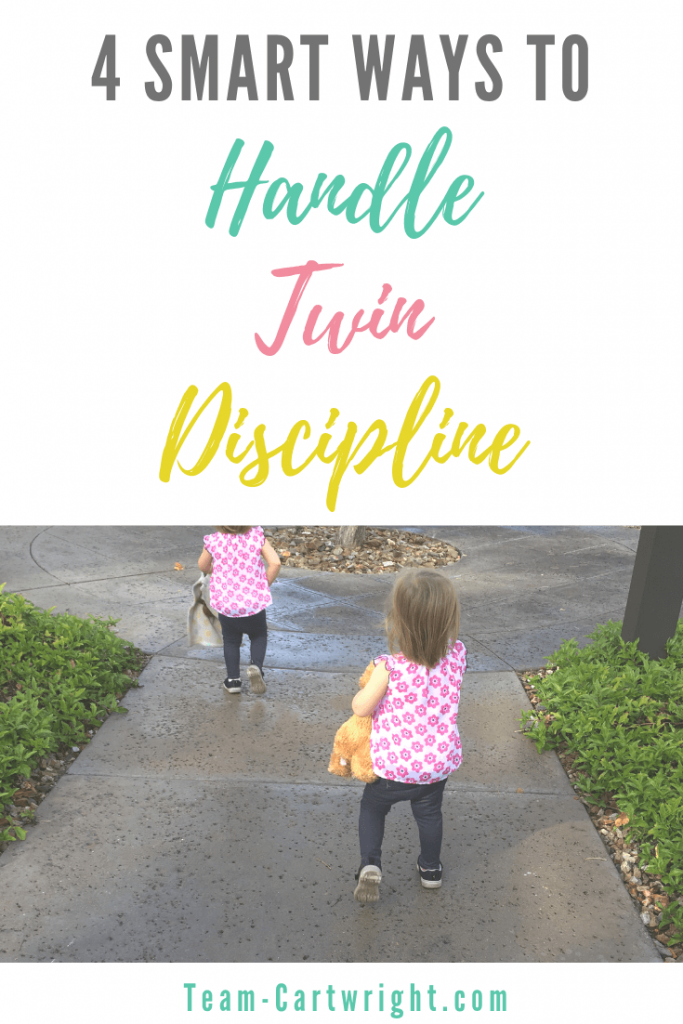
Use Peer Pressure
Yes, peer pressure can be bad. And shaming is bad. But you can kind of make the group work for you. I will let some punishments be carried out in front of the other siblings.
For example, if a treat is offered in exchange for good behavior and one child doesn’t comply? That child doesn’t get the treat. The others do.
Seeing your siblings enjoy a cookie when you don’t get one can send a powerful message to a small child.
This works in situations where you can’t leave, like a grocery trip. (Yes, if the behavior gets out of control enough we can leave the store, but I’d often rather not.)
It also works well for small, short term rewards. I do like to set my kids up for success, so I’d rather they fail at a smaller level.
I will warn you, this method is tough on a mother. I don’t want my babies to be sad, and they will be when they realize they don’t get a treat and their twin does. But it is worthwhile to stay strong.
Create a Team Environment
One of my favorite ways to discipline just one twin is to utilize the sibling relationships. We’re a team after all.
When one twin acts out or misbehaves, I get both twins involved in the solution.
So instead of singling out the misbehaving child, we all practice calming down. I stop whatever we are doing and we all practice taking deep breaths and working through the feelings.
My hope with this method is that my children will learn empathy and think about how other people feel. As I tell them, we all have hard times. We need to reach out to those who are having challenges and do our best to help them. That starts with their siblings.
Getting the whole family involved diffuses the situation quickly, and it can be fun. You can have a silly moment, have everyone get something from the calm down bin, or just hug.
I want my kids to look out for each other throughout their lives. Starting at the toddler level builds those sibling relationships. They need to learn to take care of each other.
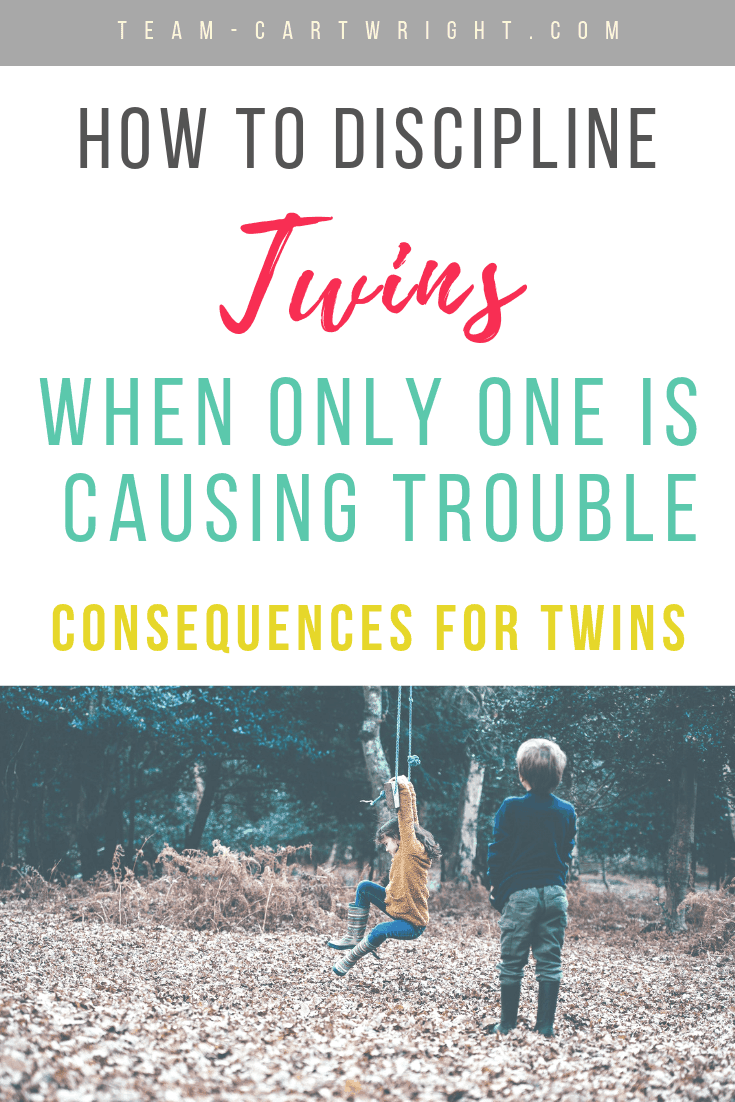
Forget About Equal Treatment
I feel the pressure to treat my twins equally. But parenting more than one kid isn’t about being fair, it’s about doing what is best for each child.
This means you need to punish one child and not the others sometimes.
It can be really hard to single out one of your twins for a negative reason, but remember your long term parenting goals. Doing the hard stuff now will help your children in the future.

